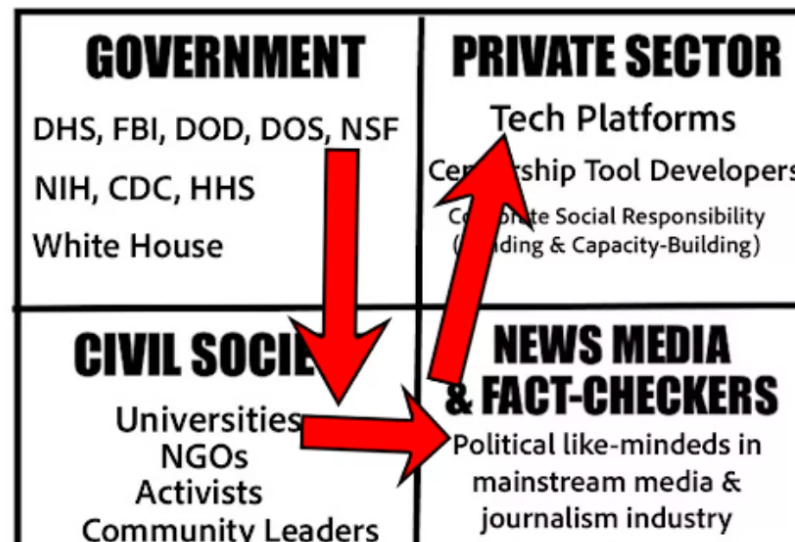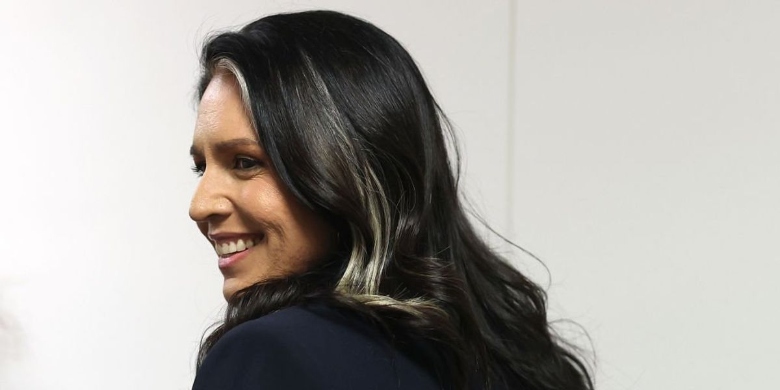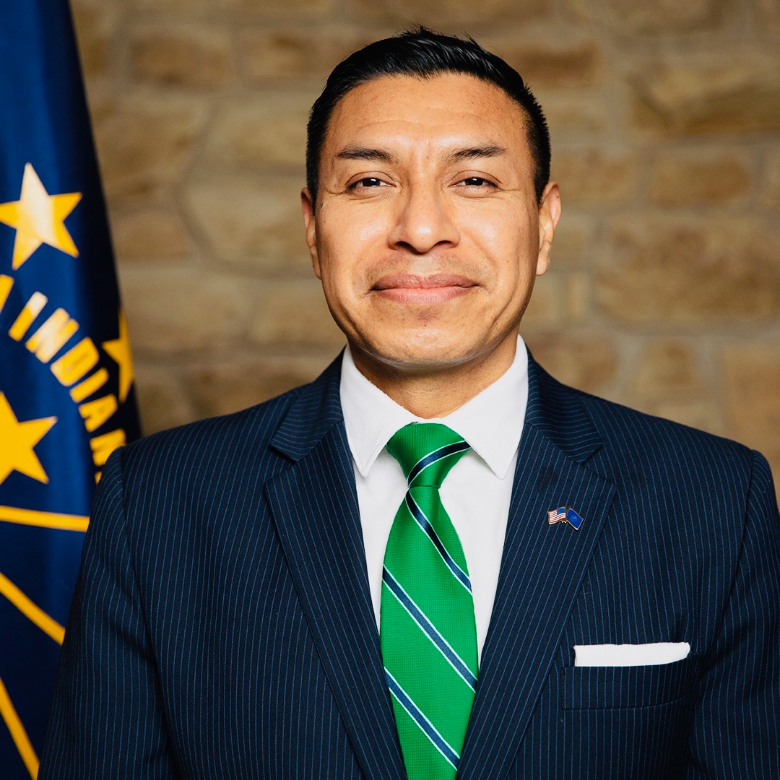As scrutiny intensifies over the influence of fact-checking organizations and their potential biases, recent investigations suggest these platforms could act as gatekeepers for Big Tech. Critics argue that the rise of fact-checking giants, like NewsGuard, might represent a “censorship cartel” under the guise of promoting accuracy.
New Podcast! Trump’s Nominees Rock DC – ET Talk
Controversial Practices of Fact-Checking Organizations
Fact-checking platforms initially gained traction as guardians of factual integrity in an era of misinformation. However, some conservatives are questioning their neutrality, particularly regarding their partnerships with influential tech companies and their role in content moderation.
A Federal Communications Commission (FCC) Commissioner, Brendan Carr, has called for an investigation into the practices of NewsGuard and other similar organizations. Carr expressed concern that fact-checking entities have become tools for Big Tech firms to suppress dissenting views, especially those with conservative leanings.
Carr labeled the relationships between fact-checking organizations and tech companies as a potential threat to free speech. “NewsGuard and others are doing Big Tech’s dirty work,” Carr stated, highlighting how these organizations target media outlets that fail to conform to their ideological standards, effectively throttling their reach on platforms like Facebook and Google.
NewsGuard’s Role in Media Evaluation
NewsGuard, a self-described media watchdog, rates news outlets on their trustworthiness. Their evaluations are utilized by tech companies to decide which content is prioritized or penalized. Critics argue that NewsGuard’s rating system reflects a strong bias against conservative-leaning outlets, as demonstrated by their frequent downgrades of news platforms that question leftist narratives.
NewsGuard denies allegations of bias, insisting its processes are impartial and data-driven. However, skepticism remains among conservatives who see its practices as indicative of broader efforts to stifle dissent.
A report by Off the Press questioned the consistency of NewsGuard’s ratings, arguing that the organization seems to disproportionately favor progressive-leaning outlets. The article highlighted cases where left-leaning outlets received favorable ratings despite documented inaccuracies, while right-leaning outlets faced harsh penalties for less egregious infractions.
Fact-Checkers and the First Amendment
Critics argue that the growing influence of fact-checking platforms poses a challenge to First Amendment protections. Fact-checking organizations do not explicitly censor content, but their evaluations influence the algorithms that determine a publication’s visibility. This indirect suppression, some argue, is censorship by another name.
Conservative commentators have suggested that fact-checking organizations operate under the assumption that their determinations are inherently correct. This approach, they contend, undermines the fundamental principle of free speech, which allows for a diversity of opinions and interpretations.
By partnering with fact-checking organizations, tech giants have positioned themselves as arbiters of truth—a role some conservatives view as dangerously authoritarian. “It’s not about protecting users from falsehoods,” a media analyst remarked. “It’s about controlling the narrative and marginalizing opposing viewpoints.”
Investigations and Conservative Reactions
The FCC’s call for an investigation signals growing frustration among conservatives who feel their voices are being silenced by a system stacked against them. They point to NewsGuard and similar entities as examples of private-sector overreach into public discourse, with potentially dire implications for free speech.
Organizations like NewsGuard claim they aim to restore public trust in media, but conservatives argue that this trust is selectively applied, with ideologically aligned outlets receiving preferential treatment. Many are calling for greater transparency in the criteria used for rating publications and for more accountability in their partnerships with tech platforms.
Conservative voices have urged lawmakers to take action to curb the influence of these fact-checking entities. They argue that government intervention may be necessary to restore balance to an increasingly biased digital landscape.
Broader Implications
The broader implications of this debate extend beyond partisan lines. As fact-checking organizations and Big Tech become increasingly intertwined, questions arise about the concentration of power in the hands of a few entities. Critics warn that such consolidation threatens the open exchange of ideas that democracy relies on.
The FCC’s investigation may mark a turning point in the conversation around free speech and digital governance. For conservatives, it represents an opportunity to expose what they view as systemic bias and demand reforms that safeguard the marketplace of ideas.


